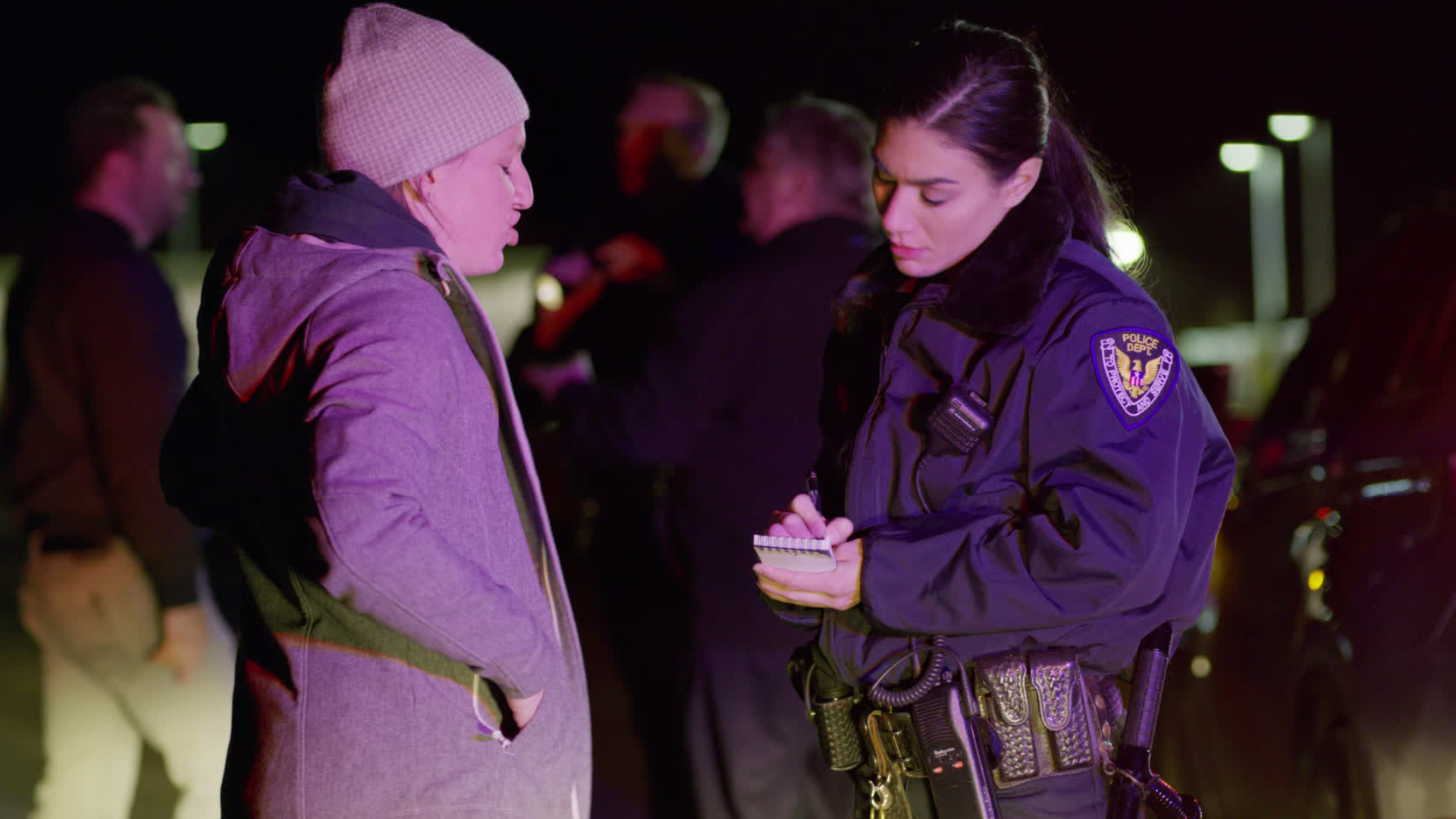Intelligence Analysts
Crime Analyst (Criminal Analyst), Crime Intelligence Analyst (Criminal Intelligence Analyst), Intel Analyst (Intelligence Analyst), Intel Research Specialist (Intelligence Research Specialist)
 Select a military branch to see samples.
Select a military branch to see samples.
Aerospace Medical Service; Airborne Cryptologic Language Analyst Craftsman, Divested Languages; Airborne Mission Systems Specialist Craftsman, C-32/C-40; Cryptologic Analyst and Reporter; Cyber Defense Operations Superintendent; Education And Training Superintendent; Health Services Management Superintendent; Political-Military Affairs Strategist (PAS), C2ISREW; Sensor Operator Craftsman, CAA; Space Operations, Helicopter or EWO
Air and Missile Defense (AMD) Crewmember; AVENGER Crewmember (USAR/NG only); Civil Affairs Specialist; Cyber Electromagnetic Warfare Officer; Electronic Warfare Technician; Geospatial Engineering Technician; Intelligence Analyst; MQ-1 Operator; Signals Acquisition/Exploitation Analyst; Special Forces Engineer Sergeant
Cyber; Cyber Effects; Cyber Intel; Intel; Intelligence Specialist; Intelligence System Specialist; International Affairs; Investigations; Investigator; Maritime Law Enforcement Specialist
Advanced Cryptologic Language Analyst; Counterintelligence/Human Source Intelligence Officer; Foreign Area Officer - Middle East; Ground Intelligence Officer; Intelligence Technology and Data Chief; Linguist, Bengali; Linguist, Indonesian; Linguist, Russian; Maritime Space Operations Mission Commander; Regional Affairs Officer - Middle East
AADC Plans Staff Officer; AOC Intelligence Surveillance Reconnaissance Division Member; Crypotologic Subsurface Augmentee Supervisor; Cyber Warfare Technician; Geographic Area Intelligence Officer; Intelligence Officer, Basic; Maritime Space Planner; Navy Interactive On-Net (ION) Operator (Networks); Senior Intelligence Program Management; Staff Operations and Plans Officer
No similar titles were found.
What they do:
Gather, analyze, or evaluate information from a variety of sources, such as law enforcement databases, surveillance, intelligence networks or geographic information systems. Use intelligence data to anticipate and prevent organized crime activities, such as terrorism.
On the job, you would:
- Validate known intelligence with data from other sources.
- Gather, analyze, correlate, or evaluate information from a variety of resources, such as law enforcement databases.
- Evaluate records of communications, such as telephone calls, to plot activity and determine the size and location of criminal groups and members.
Knowledge
Arts and Humanities
- English language
Safety and Government
- law and government
- public safety and security
Business
- administrative services
- customer service
Engineering and Technology
- computers and electronics
Skills
Basic Skills
- reading work related information
- listening to others, not interrupting, and asking good questions
Problem Solving
- noticing a problem and figuring out the best way to solve it
People and Technology Systems
- thinking about the pros and cons of different options and picking the best one
- measuring how well a system is working and how to improve it
Abilities
Verbal
- listen and understand what people say
- read and understand what is written
Ideas and Logic
- make general rules or come up with answers from lots of detailed information
- notice when problems happen
Visual Understanding
- see hidden patterns
- quickly compare groups of letters, numbers, pictures, or other things
Personality
People interested in this work like activities that include ideas, thinking, and figuring things out.
They do well at jobs that need:
- Tolerance for Ambiguity
- Adaptability
- Perseverance
- Achievement Orientation
- Intellectual Curiosity
- Cautiousness
Technology
You might use software like this on the job:
Data base user interface and query software
- Amazon Web Services AWS software
- Microsoft SQL Server
Presentation software
- Microsoft PowerPoint
Analytical or scientific software
- SAS
- TensorFlow
Education
Education: (rated 4 of 5)
bachelor's degree or
master's degree
usually needed
master's degree
usually needed
Job Outlook
Below Average
New job opportunities are less likely in the future.
Explore More
- Data Scientists
- Detectives & Criminal Investigators
- Digital Forensics Analysts
- Information Security Analysts
- Private Detectives & Investigators
You might like a career in one of these industries:
See more details at O*NET OnLine about Intelligence Analysts.






